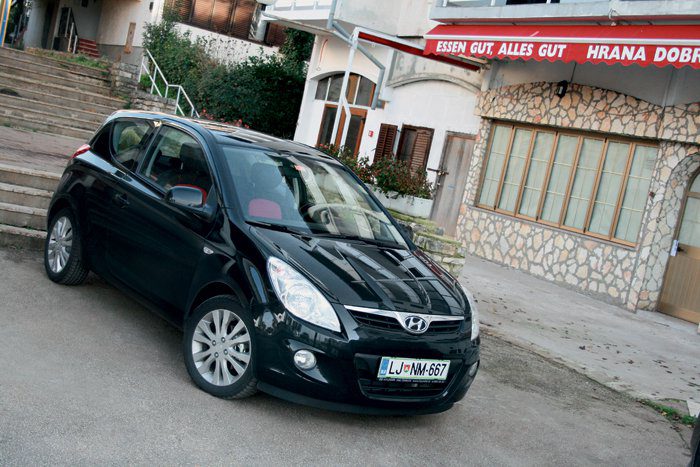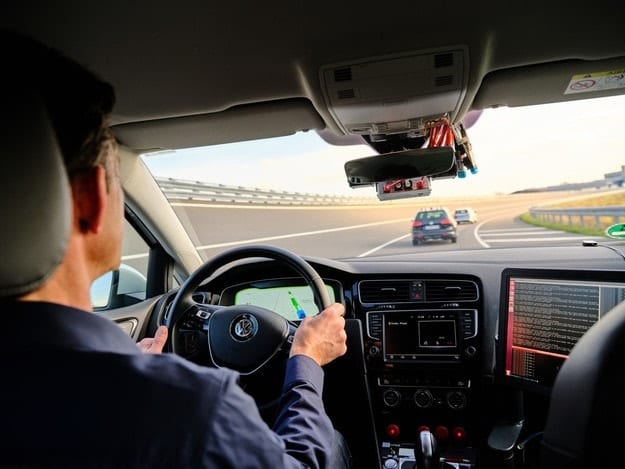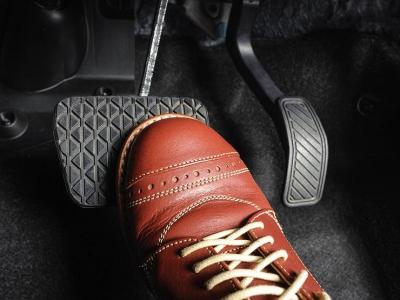
Three stupid mistakes that can leave you without brakes in the heat
In theory, the brakes should work normally in any weather. But at high ambient temperatures, such as in summer, their reliability is subjected to particularly severe tests. Portal "AutoVzglyad" talks about how not to fail the exam arranged by nature.
The most common mistake of a car owner, which can “go sideways” in the heat, is not to pay attention to such a significant “bell” as an increase in the free play of the brake pedal.
In part, this is understandable: the driver gets behind the wheel of his transport every day and does not notice how she is gradually “weakening”. The problem is masked even more by the fact that with the “disease” we have described, after several intense pressures, it temporarily returns to its former elasticity.
What actually happens to the system? An increased free play of the pedal is observed, for example, when the brake fluid has “drank” water. Often this is also accompanied by airing of the mains - after all, water can get there only when they are depressurized.
In the heat, when the brakes are much worse cooled by the incoming air, the boiling of water that has penetrated into the brake becomes especially likely. To do this, you don’t even need to get into situations where you have to resort to intense and frequent slowdowns. It’s just that in normal driving mode, the brakes can suddenly “disappear” in the heat.
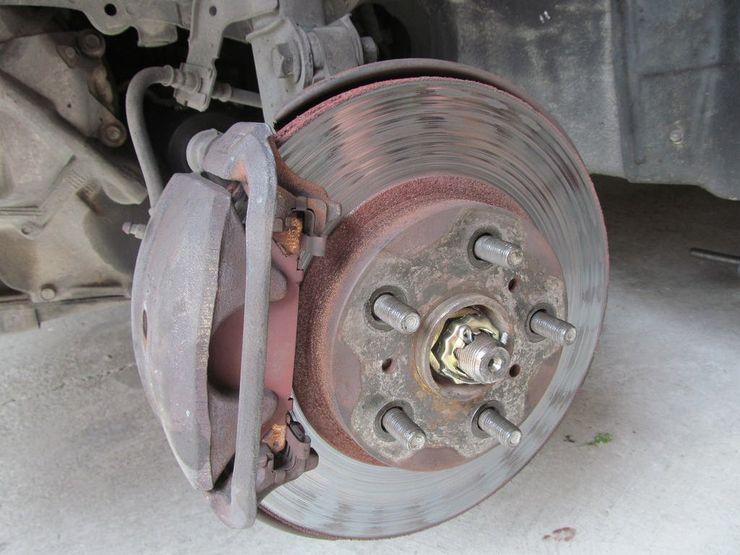
It is no less irresponsible in the summer not to pay attention to the brake pedal that has become tighter. We will discard the case when this is felt immediately after replacing the brake pads.
Here the observed effect can be attributed to the behavior of the new set, which is unusual for the subjective perception of drivers. Especially if it is from a new brand for the user.
It's really bad when this happens with normal pads. A “tight pedal” is often accompanied by a decrease in its stroke.
In this case, we can say that most likely the problem is in the wedged calipers. Or the block itself has partially collapsed and, when braking, rises in an abnormal way.
In any case, the consequence of this is increased friction between it and the brake disc, which, of course, is accompanied by the release of a large amount of heat.
In winter, it is somehow discharged into the surrounding atmosphere. In summer, the sun-hot air copes with this function much worse.
As a result, there is already a serious overheating of the brake mechanisms, which can completely “turn off” the problem node from work with all the ensuing consequences for traffic safety.
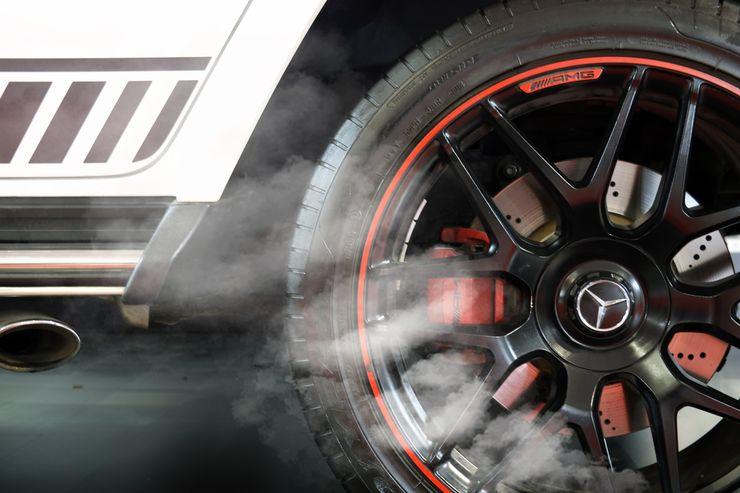
Many drivers of the so-called "old school", who began their journey as a driver while driving a "Zhiguli", are accustomed to not paying much attention to the sounds made by the brakes.
Something whistles and creaks when you press the pedal, well, it’s normal - but pedestrians hear the car and don’t jump under the wheels! This is a mistake that can turn into a disaster in the heat.
Such noise occurs when there are some deviations in the mode of friction of the friction lining on the disk from the optimal parameters. If the pads squeaked after a fair period of time after the replacement, while still not worn out at all, this may indicate a very unpleasant moment. For example, that the friction material turned out to be of poor quality.
Due to the prolonged increased heating, provoked, among other things, by hot weather, its surface was “polished”, while sharply reducing the braking efficiency. In an emergency situation, such an effect will be a fatal circumstance.
The driver, having paid attention to any of the above deviations in the operation of the brake system, should immediately engage in accurate diagnosis and troubleshooting. Otherwise, his next trip may prematurely end in a serious accident.
